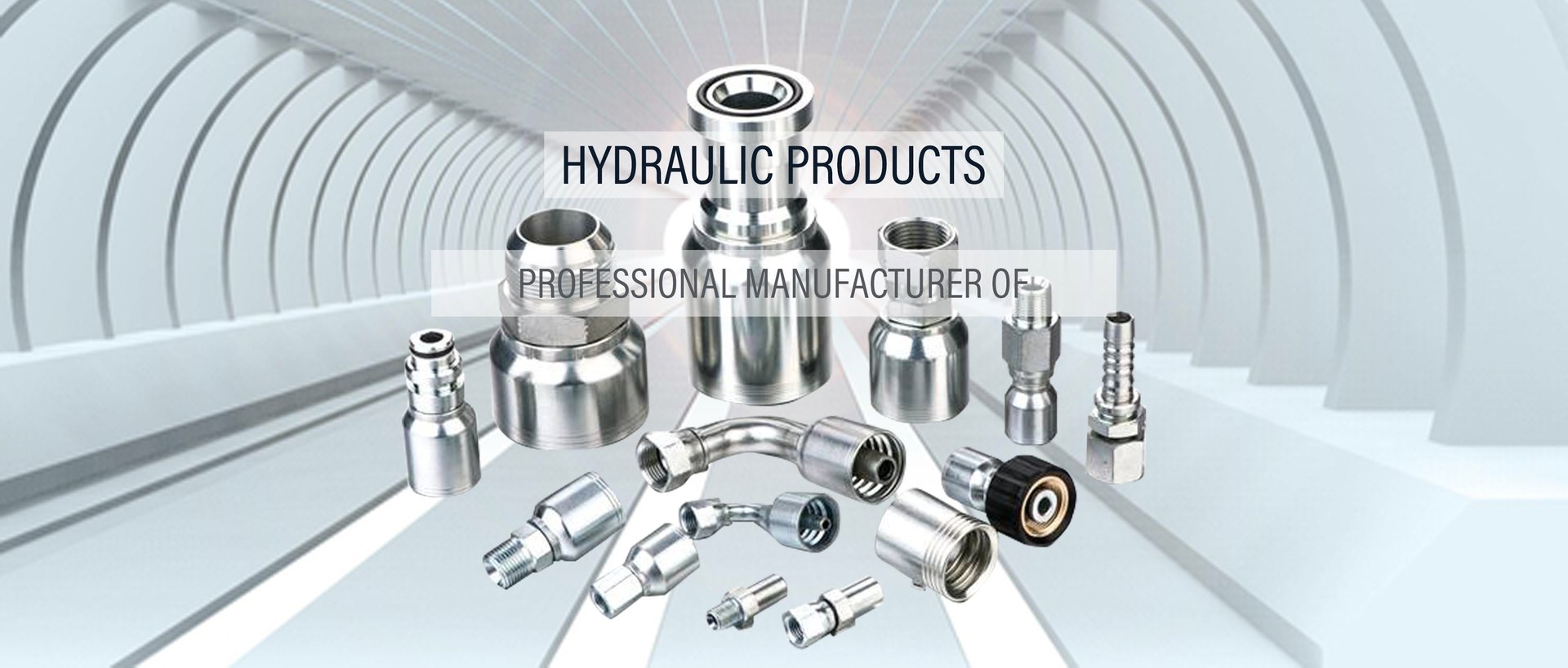One stop hydraulic hardware product service provider Rotary Joint HYDRAULIC HOSE HOSE FITTING
CAN YOU USE BRASS FITTINGS ON HYDRAULICS?
HYDRAULIC FITTING
2 min read


In the selection of brass as hydraulic pump valve plate material, it is necessary to consider its performance requirements, cost factors and manufacturing processes. Reasonable structural design can improve the strength and wear resistance of the valve plate, and accurate manufacturing process can ensure the sealing performance and accuracy of the valve plate .Brass fittings can be used in hydraulic applications, but there are important considerations to keep in mind regarding their suitability and performance.
Advantages of Brass in Hydraulic Systems
1. Corrosion Resistance: Brass is known for its excellent corrosion resistance, making it suitable for various environments, including those that may involve moisture or exposure to chemicals. This property is particularly beneficial in hydraulic systems where fluid exposure is constant.
2. Machinability: Brass fittings are easy to machine and form, which allows for precise manufacturing of components that can fit specific hydraulic applications. This can lead to better sealing and performance in hydraulic systems.
3. Strength: Depending on the specific alloy, brass can exhibit high strength, making it capable of handling the pressures typically found in hydraulic systems.
Limitations and Considerations
1. Pressure Ratings: While brass fittings can handle moderate pressures, they may not be suitable for high-pressure hydraulic applications. It's essential to check the pressure ratings of specific brass fittings against the requirements of the hydraulic system.
2. Compatibility with Fluids: Brass can react with certain fluids, especially those that are acidic or contain specific chemicals. This could lead to degradation over time. Therefore, it's crucial to ensure that the fluids used in the hydraulic system are compatible with brass.
3. Potential for Galling: In some cases, brass fittings may gall when tightened against other materials, leading to potential leaks or failures. Proper installation techniques and the use of appropriate lubricants can mitigate this risk.
Conclusion
In summary, brass fittings can be utilized in hydraulic systems due to their corrosion resistance and machinability. However, careful consideration should be given to the specific application requirements, including pressure ratings and fluid compatibility, to ensure optimal performance and reliability.In general, the application of brass fittings in hydraulic systems is feasible, but it is necessary to pay attention to problems such as insufficient hardness, and consider the wear resistance and sealing performance under actual conditions. With the continuous progress of science and technology and the continuous emergence of new materials, there may be more high-quality material choices to meet the needs of hydraulic systems in the future.





